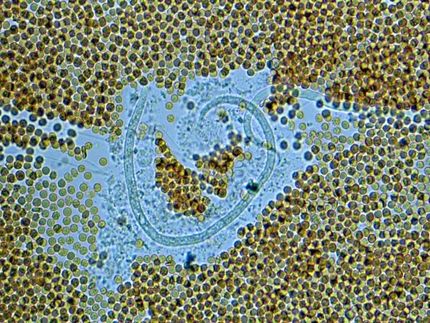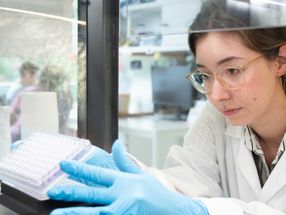Sucessful Spin-Out of ImevaX GmbH from the Technische Universität München
Advertisement
ImevaX GmbH commenced its research and development activities in their own premises in Munich on Sep. 1st, 2014. With this step, ImevaX realized a successful spin-out from the Technische Universität München (TUM). A key factor for the success of the founder Professor Markus Gerhard and his team, is the long-standing support from the Institute of Medical Microbiology, Immunology and Hygiene at the TUM under the leadership of Professor Dirk Busch and funding from the Federal Ministry of Education and Research (BMBF), which will be continued with EURO 5.9 million under the GO Bio Phase II program from BMBF.
ImevaX develops highly specific vaccines against pathogens of chronic / nosocomial infectious diseases of global importance. The basis of their research and development is the ImeScreen®-platform. It includes a range of assays, which allow to examine immune modulatory properties of bacterial proteins and thereby to identify new vaccine candidates.
Lead candidate is IMX 101 a vaccine against Helicobacter pylori. Chronic infections of the stomach with H. pylori are the most common bacterial infection worldwide (infection rate of the world population >50%). H. pylori leads to gastritis, stomach ulcers or stomach cancer. Due to the high mortality worldwide each year over 500,000 people die of stomach cancer. The current therapy for H. pylori infections consists of a combination of several antibiotics. These antibiotics exhibit considerable side effects and induce an increasing number of antibiotic resistance.
To date, no therapeutic or preventive vaccine against this H. pylori infection is available.
Due to the high global infection rate and the decreasing efficacy of existing antibiotics against H. pylori, there exists a large medical need and a significant commercial interest in a H. pylori vaccine.
ImevaX intends to develop this vaccine into the clinic and will continue further develop- ment with a pharma partner.
“Conventional antibiotics quickly lead to the development of resistance and are not specific for a particular pathogen. This presents us with ever increasing problems in the therapy of infectious diseases. ImevaX has selected a different approach, which is characterized by high pathogen specificity and low development of resistance. This is a very promising method of addressing these issues,” says Prof. Dirk Busch, director of the
Institute of Medical Microbiology, Immunology and Hygiene at the TUM.
Professor Markus Gerhard, founder and CSO of ImevaX: “The success of the IMX 101 project is based primarily on the performance of the whole team, the support of the Institute of microbiology at TUM and the confidence of the BMBF, who has significantly contributed to the financing of ImevaX. We look forward to the further development of IMX 101 for the benefit of patients.”




























































